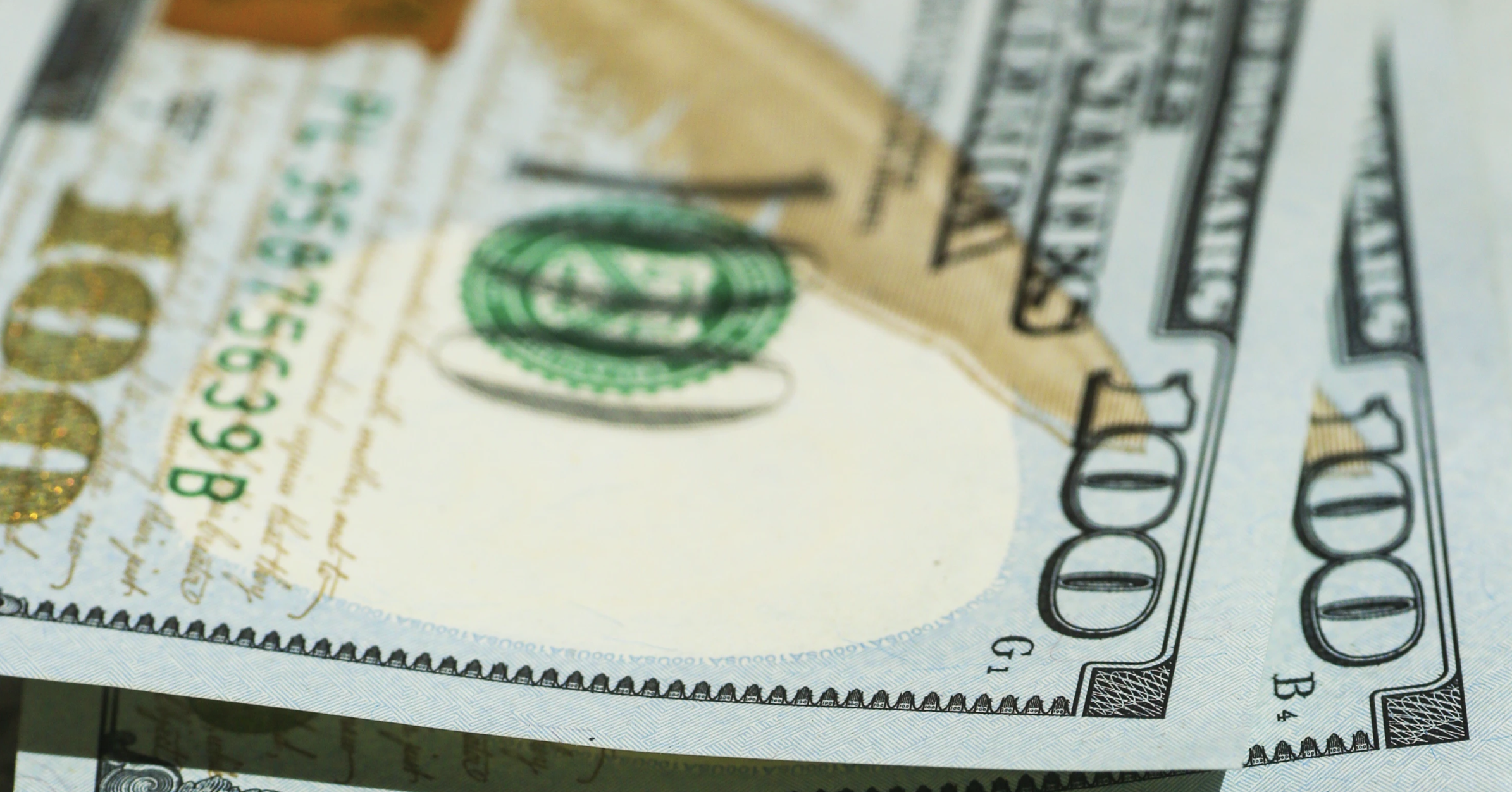Confidence in U.S. consumer businesses has fallen to its lowest point since February 2021 with the news that Unilever, Coca-Cola and McDonald’s issued news about additional increase in pricing above and beyond recent spikes.
Unilever, the branding group behind such clients as Dove soap, Hellmann’s mayonnaise and Cif cleaning products, rose an average of 11.2 percent in pricing over the course of the second quarter, with no signs of slowing down. The move tied in with Unilever’s strategy to report higher than expected sales, even though total volume sales overall were two percent lower, since consumers were forced to turn to cheaper alternatives.
McDonald’s also noted that it would increase the price of discounted menu choices, since inflation is forcing consumers to order cheaper items. The company reported an increase in sales, driven by “strategic menu price increases.” Likewise, Coca-Cola noted a rise as well, after the prices of its products increased by approximately five percent.
This follows a report earlier this week surrounding Walmart, who noted a drop in shares by almost nine percent after consumers bought up essential goods over other items, including electronics and clothing. As a result, the company had to issue its second profit warning in a ten week span, which in turn hit other retailers including Target, Ross Stores, Etsy and Best Buy. All of these companies also saw stock drops through the S&P 500 as of earlier this week.
Steve Beaman, CEO of The Elevare Club and expert on private equity, joins us to provide insight on this large spike on major brands.
Q&A:
- Is there any sort of alternative solution to companies increasing their prices on their items? Is there no way around the effects of inflation?
- Do you believe consumers have “wised up” to these corporate tactics and are purchasing alternate items as a result? Like with buying necessary items at Walmart or lower-priced menu items at fast food restaurants?
- As a result, do you think companies are underestimating the power of consumers? Shouldn’t they be looking at an alternative plan that works for both their business logic and consumer satisfaction alike? Or can one even exist?
- With the growing state of the economy and inflation as a whole, how can consumers protect themselves against such price increases? Or is there any sort of defense in doing so?
- Your company, Elevare Club, routinely deals with small businesses. From that standpoint, what do you think small to medium sized businesses can learn from this?
- With the rising costs from large consumer businesses, do small business owners have an opportunity to “steal their thunder”? If so, what do you think it is?
- You are founder and CEO of The Elevare Club. Tell us more about The Elevare Club and where we may get more information on the services you offer to small businesses.
Steve Beaman is a self-made millionaire who sunk to the depths of financial despair and rose back up to the heights of economic prosperity. Having enjoyed years of a happy marriage to falling into the depths of divorce, destruction, and despair, Steve has seen it all. Steve worked at Wharton Econometrics, Zacks Investment Research, and the E.F. Hutton Company. A founding partner of the Wall Street firm Chicago Investment Analytics, Steve sold the firm to Charles Schwab in 2000. Currently, Steve is CEO of Elevare Club, a holding company for a group of companies providing services for small businesses, including the capital, payment processing, accounting, legal, advertising, and even help in hiring. Steve is a licensed scuba diver, a private pilot, and the father of six children.
CONTACT: To schedule an interview with Steve Beaman, call Jerry McGlothlin at 919-437-0001 or email jerry@specialguests.com

